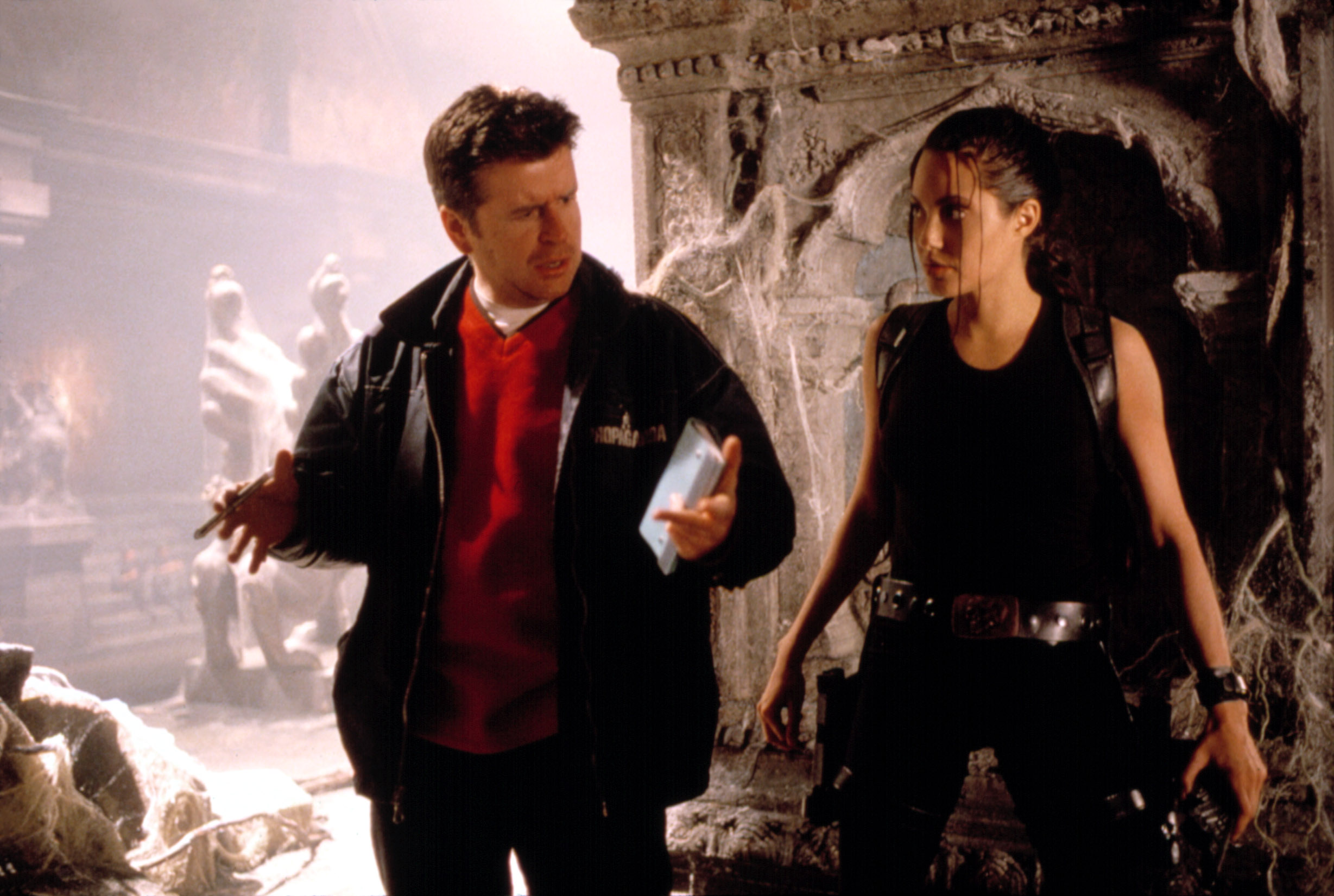
Feranmi Okanlami, now a doctor, became partially paralyzed after an accident in 2013. He says adjustments for his disability during his training, like this standing in frame chair, helped him succeed. A new report finds variability in medical institution culture and protocols when it comes to supporting aspiring doctors with disabilities.
Courtesy of Feranmi Okanlami
hide caption
toggle caption
Courtesy of Feranmi Okanlami
Being a medical student or resident is hard enough, but what if you have a disability that adds to the challenge?
One medical resident with a physical disability was about a year and a half into training when the medical institution finally installed an automatic door he needed. Another student faced frustrations when arranging accommodations for taking tests, with it seeming like the medical school was “making up rules along the way.” When another resident with a disability first sought support, the disability representative was allegedly unfamiliar with the Americans with Disabilities Act.
These firsthand experiences are documented in a report issued Tuesday by the Association of American of Medical Colleges and the University of California, San Francisco about the accessibility and inclusion of students and doctors with disabilities in the medical field. The culture and the environment surrounding disabilities varies across the board, it found, with some places doing far better than others.
About 1,500 medical students in the U.S. have disclosed a disability and receive formal accommodations. That’s about 2.7 percent of students, according to the report, and represents a lower percentage than other undergraduate programs, which average at about 11 percent for students who have disclosed a disability. The report found that in medicine especially, many students hide their disability out of a real “fear of judgment, bias, and skewed perception of ability.”
Medicine is an incredibly tough and competitive field where, historically, doctors have been viewed as superhumans, operating at the highest physical and mental capacity at all hours of the day and night, performing miracles and saving lives. There’s an expectation of perfection.
But doctors are human, too.
A lack of understanding about disabilities can create big challenges for otherwise qualified and talented future doctors, says Lisa Meeks, co-author of the report and a disabilities expert at the University of Michigan Medical School. Yet some schools may not even be aware of what they could be doing to foster a more inclusive environment.
“I don’t know of a school that doesn’t want to do the best practice,” says Meeks, who is also co-founder of the Coalition for Disability Access in Health Science and Medical Education, adding that schools might just not have the tools.
For Dr. Geoffrey Young, AAMC’s senior director for student affairs and programs, the nearly 100-page report is a much needed blue print for medical institutions to better understand policies and perceptions of those with disabilities, whether that be the easily identifiable physical kind or lesser seen invisible ones.
“I think we have to do a better job of educating those in the field about what the potential is for those with disabilities, verses what is consumed or assumed to be an automatic inability,” Young says, adding that the culture is shifting in medicine. “We are having this conversation in a very open way.”
The report identifies very clear barriers and considerations schools can take in response. That includes everything from the way disabilities are discussed in the admissions process to having a person within the institution who is well versed in both disability access issues and medical school requirements, to help future doctors better navigate their training.
For Dr. Lina Mehta, associate dean for admissions at Case Western Reserve University School of Medicine in Cleveland, improvements start with changing attitudes and approaches at the onset. Case was sited in the report as an example for the disabilities language it has adopted in its materials.
“In admissions, we sort of dictate the face and function of what medicine is going to look like by virtue of who we bring in,” Mehta says. Having a more diverse future physician population, one that includes those with disabilities, improves the field’s ability to understand and care for patients, she says. “It’s critical we bring in a group of learners and future practitioners who will mirror patient populations that they’re taking care of.”
This story is part of a reporting partnership with NPR, WHYY’s health show The Pulse andKaiser Health News.
Let’s block ads! (Why?)




